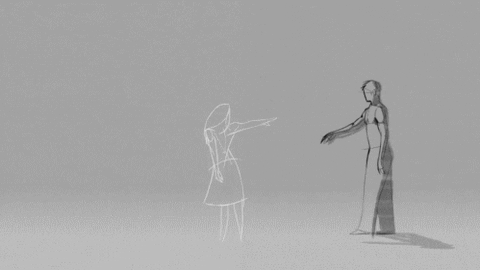(from Anthropic's Claude Sonnet 4 language model)
"The Force" in Star Wars operates on multiple philosophical and spiritual levels beyond its surface role as a mystical power system.
At its core, the Force represents the fundamental interconnectedness of all life and matter in the universe. George Lucas drew heavily from Eastern philosophies, particularly Taoism and Buddhism, where similar concepts exist — the Tao as the underlying principle that governs everything, or the Buddhist idea of dependent origination where all phenomena arise in connection with everything else.
The Force embodies the balance between opposing forces (light and dark sides), reflecting the Taoist concept of yin and yang. This isn't about good versus evil in a simple sense but about understanding that creation requires both constructive and destructive energies, order and chaos, activity and rest.
The phrase "May the Force be with you" functions almost like a benediction or prayer, suggesting that being aligned with this universal principle brings strength, wisdom, and purpose. It implies that individuals can either work with the natural flow of the universe or struggle against it.
The Force also represents intuition and mindfulness over pure rationality — Jedi training emphasizes feeling, trusting instincts, and being present in the moment rather than overthinking. This reflects Lucas's critique of overly technological, disconnected modern life.
On a deeper level, the Force serves as a metaphor for spiritual awakening and moral responsibility. Those sensitive to it must choose how to use this awareness — to serve others and maintain balance, or to pursue power and control. It suggests that with greater consciousness comes greater ethical obligation.
Ultimately, the Force represents the idea that there's something greater than individual existence that connects and guides all life, and that recognizing this connection is key to wisdom and fulfillment.



